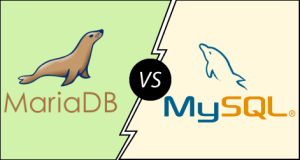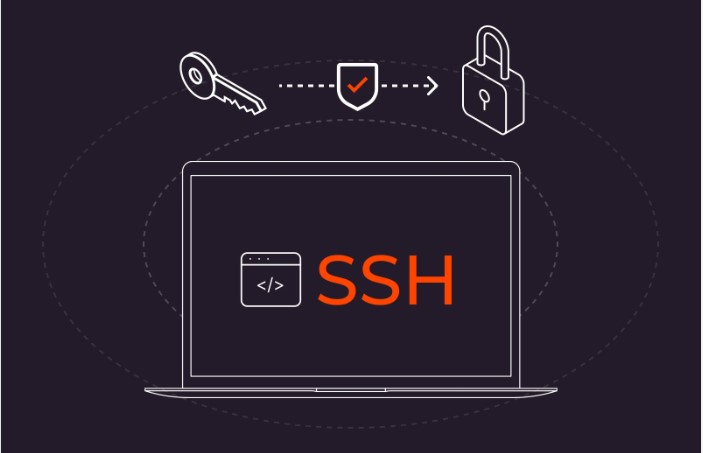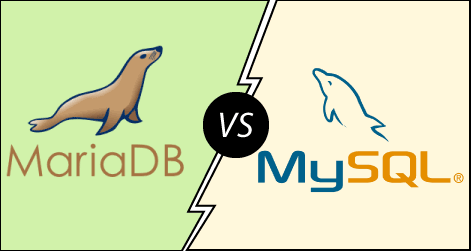Dedicated server

A dedicated server is a physical server that is exclusively reserved for a single client or user. Unlike shared hosting, where multiple websites share the same server resources, a dedicated server provides all its resources, including processing power, memory, storage, and bandwidth, to one entity. This makes it an ideal choice for applications or websites that require high performance, reliability, and customization.
Key Features of a Dedicated Server:
- Exclusive Use: The server is not shared with other users, ensuring consistent performance.
- High Performance: Designed to handle heavy workloads, high traffic, and demanding applications.
- Customization: Full control over the server configuration, including the choice of operating system, software, and hardware.
- Scalability: Can be upgraded to handle growing needs.
- Enhanced Security: Isolated environment reduces risks from other users, making it more secure than shared hosting.
- Root Access: Full administrative control allows users to configure the server according to their needs.
Common Uses for Dedicated Servers:
- Hosting large websites with high traffic.
- Running resource-intensive applications like databases, virtual machines, or big data analytics.
- Game server hosting for multiplayer games.
- Backup and storage solutions.
- Hosting private cloud infrastructure.
- Running proprietary or sensitive enterprise applications.
Advantages:
- Better performance compared to shared or virtual private servers (VPS).
- Greater reliability with no risk of performance degradation due to other users.
- Ability to meet specific business requirements with tailored configurations.
Disadvantages:
- Higher cost compared to other hosting options.
- Requires technical expertise to manage and maintain.
- Not always necessary for smaller websites or applications with low resource demands.
In essence, a dedicated server is an optimal solution for businesses or individuals requiring robust performance, enhanced control, and a high level of security for their hosting needs.
Comparison of dedicated server with other hosting
A dedicated server is considered the best hosting option for certain scenarios because it offers unparalleled performance, control, and reliability compared to other types of hosting like shared hosting or VPS hosting.
However, “best” depends on the specific needs of the user or organization. Here’s why dedicated servers often stand out:
Advantages of Dedicated Servers Over Other Hosting:
1. Performance:
- Dedicated servers provide exclusive access to all server resources (CPU, RAM, storage, bandwidth).
- There’s no competition for resources, ensuring consistent and high performance, even under heavy workloads or traffic spikes.
2. Full Control:
- You have complete administrative control, including the ability to customize hardware, operating systems, and software to suit your specific requirements.
- Root access allows you to install, configure, or optimize any application.
3. Enhanced Security:
- Since no other users share the server, risks associated with other tenants (e.g., malware, hacking attempts, or resource abuse) are eliminated.
- It’s ideal for handling sensitive data, meeting strict compliance requirements (e.g., GDPR, HIPAA), or hosting secure enterprise applications.
4. High Reliability:
- Dedicated servers are built for demanding workloads, making them highly reliable for mission-critical applications and large-scale websites.
- They are less likely to face downtime caused by other users or resource contention, as is common in shared or VPS hosting.
5. Customizability:
- You can choose server specifications, including processor type, memory, storage (SSD or HDD), and network configurations, to match your exact needs.
- You can also scale vertically by upgrading hardware when required.
6. No Resource Sharing:
- Unlike shared or VPS hosting, where resources are shared among multiple users, dedicated servers allocate 100% of their resources to your applications, ensuring better performance and security.
7. Large-Scale Capability:
- Perfect for businesses with high traffic, heavy data usage, or resource-intensive applications like gaming, video streaming, big data analytics, or machine learning.
Applications of Dedicated servers
Dedicated servers have a wide range of applications across industries due to their high performance, reliability, and customizability. Here are some common and specialized applications:
1. Hosting High-Traffic Websites
- Large e-commerce platforms (e.g., Amazon-like websites).
- News portals, blogs, or content-heavy sites with millions of daily visitors.
- Video streaming platforms requiring high bandwidth and low latency.
2. Running Enterprise Applications
- ERP (Enterprise Resource Planning) systems like SAP or Oracle.
- CRM (Customer Relationship Management) platforms for large-scale operations.
- Data warehousing for business analytics and reporting.
3. Gaming Servers
- Hosting multiplayer online games requiring low latency and high-performance computing.
- Custom game servers where players control rules, mods, and user experiences.
4. Big Data Processing
- Running data analytics workloads, such as Hadoop or Apache Spark.
- Machine learning model training and inference.
- Real-time data processing for IoT applications.
5. Private Cloud Hosting
- Hosting private clouds using platforms like VMware, OpenStack, or Proxmox.
- Running virtual machines or containers for internal use.
6. Backup and Disaster Recovery
- Storing large-scale backups for critical business data.
- Acting as disaster recovery servers to minimize downtime in emergencies.
7. Hosting Databases
- Running large relational databases (e.g., MySQL, PostgreSQL, or MS SQL).
- Hosting NoSQL databases (e.g., MongoDB, Cassandra) for real-time analytics and big data storage.
8. Streaming Services
- Video-on-demand platforms like OTT services.
- Music streaming applications with high concurrency demands.
- Live-streaming platforms requiring ultra-low latency.
9. Email Servers
- Hosting enterprise-level email systems for businesses.
- Managing secure email communication for organizations handling sensitive data.
10. High-Security Applications
- Hosting financial services applications (e.g., banking systems).
- Secure handling of medical or patient data in compliance with regulations (e.g., HIPAA).
- Running government or defense-related applications requiring maximum security.
11. SaaS (Software as a Service) Applications
- Hosting software platforms like collaboration tools, project management systems, or customer service applications.
- Ensuring high availability and scalability for user demand.
12. Web Development and Testing
- Hosting multiple staging, development, and production environments.
- Running performance tests for resource-intensive applications.
13. Cryptocurrency Operations
- Hosting blockchain nodes or cryptocurrency mining rigs.
- Supporting decentralized applications (dApps).
14. Artificial Intelligence and Machine Learning
- Training complex AI models requiring extensive computing power.
- Deploying AI inference servers for real-time decision-making.
15. Media and Content Delivery
- Hosting Content Delivery Networks (CDNs) to deliver images, videos, and files quickly.
- Supporting high-performance media editing and rendering.







